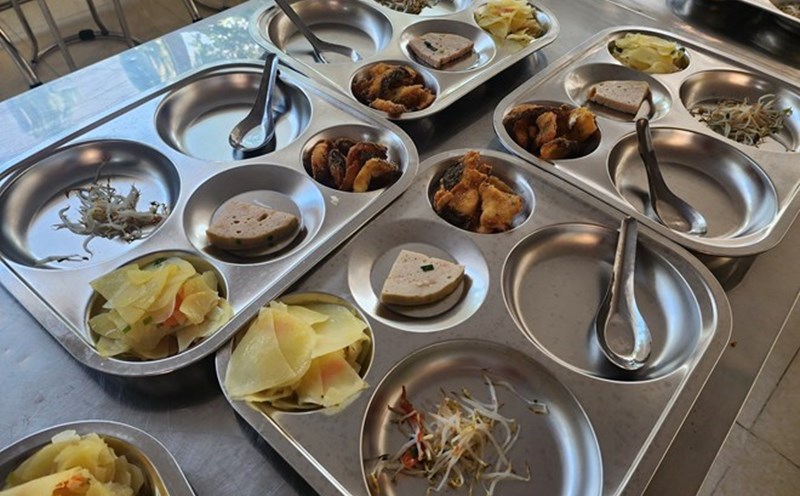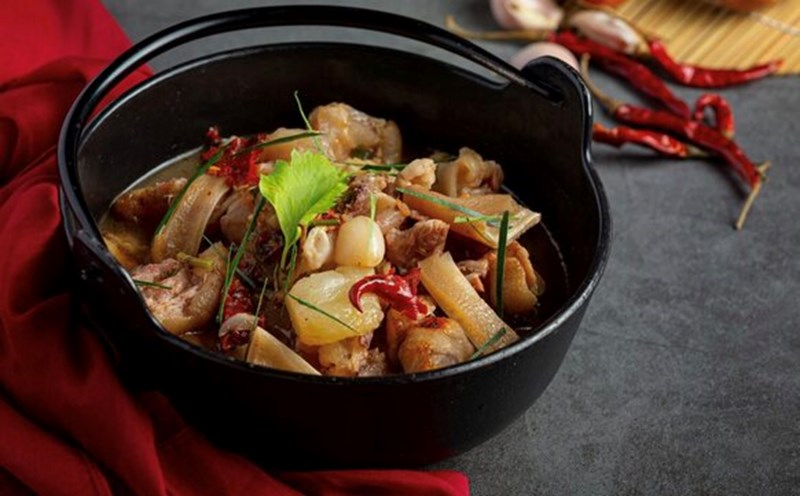Spicy foods help slow down eating and reduce food intake
A new study at the University of Pennsylvania has examined the effects of spicy foods on meals. Participants were served with chili stewed beef and Tikka masala chicken with different spicy levels. The results showed that when the meal was moderately spicy, they ate more slowly and consumed 11% to 18% less without reducing their appetite.
Just adding a small amount of papaya powder to create a spicy enough taste can significantly reduce your energy intake, says Dr. Paige Cunningham, lead author of the study.
This suggests that spicy foods can be a helpful tool in controlling portion sizes and promoting informed eating habits. However, scientists also note that this is not the only solution to weight loss.
Capsaicin and its effects on health
Capsaicin, the spicy flavor compound of chili, is known for its anti-inflammatory properties and ability to trigger thermogenesis, thereby boosting metabolism. Capsaicin can help reduce the risk of some chronic diseases thanks to its anti-inflammatory properties, says Dr John Wesley McWhorter, a nutritionist at Houston and a spokesperson for the Institute of Nutrition and Dietetics (USA). However, its impact on long-term weight control in humans is very limited".
Not everyone should eat spicy foods. Dr. Emma M. Laing, a nutrition professor at the University of Georgia (USA), warned: People with acid reflux, enteritis or celiac disease may need to avoid spicy foods. If you experience symptoms such as shortness of breath, chest pain or allergic reactions, you should eliminate or limit spicy foods."
However, experts agree that spicy foods can provide antioxidant benefits, supporting cardiovascular, intestinal and skin health.
Spicy foods can help you eat more slowly, reduce food intake and somewhat support metabolism. However, they are not a weight loss collar. Maintaining a balanced diet with many types of food, combined with exercise and moderate activities, is the key to controlling weight and improving long-term health.











